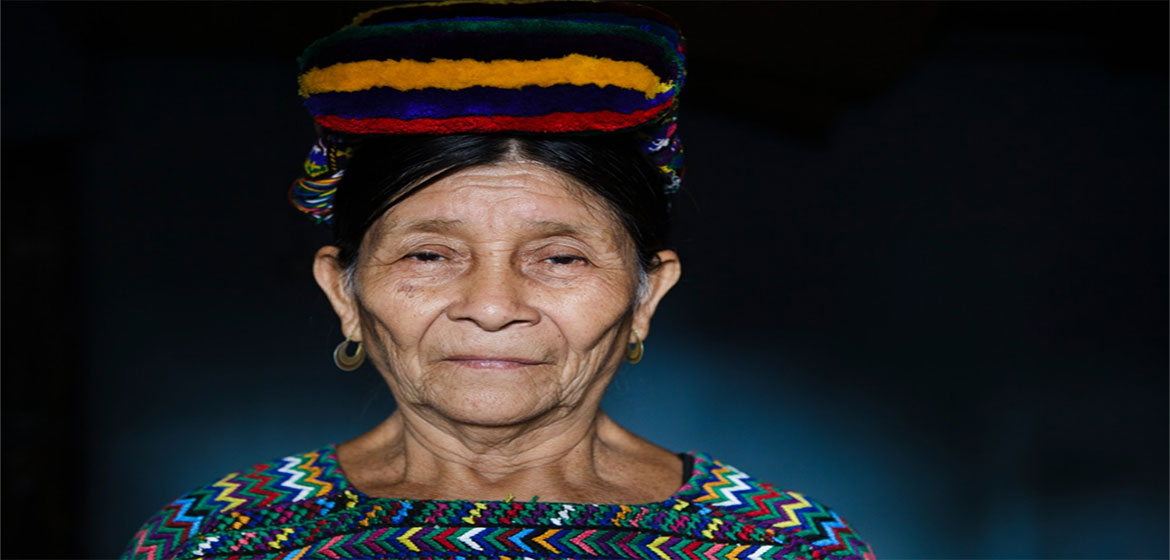By Katy Thompson and Aparna Basnyat
‘Justice for all’ has been a rallying cry over the past year as the global justice community has ramped up its efforts leading up to this year’s High-Level Political Forum in New York in July. For the first time, progress is being reviewed on Sustainable Development Goal (SDG) 16 of the 2030 Agenda. Data shows that, at best, progress is uneven, and more needs to be done to ensure that we reach the global goals by 2030. In an environment where the rule of law and human rights are at risk of being undermined, addressing exclusion and injustice must be at the heart of the 2030 Agenda. The case for justice is strongly articulated by the High-Level Task Force on Justice (co-chaired by Argentina, The Netherlands and Sierra Leone with The Elders) through the recent launch of its and through .
The pressing challenge now is to translate this global momentum into national action. Some of the critical questions we need to ask ourselves are: What does ‘justice for all’ look like at the country level? What does it mean to different populations and in different areas of the country? What can be done to make sure that ‘no one is left behind’ in conflicts and crises? What more needs to be done and what do we need to do differently to achieve justice for all by 2030?
Over the last ten years, UNDP has built a Global Programme for Rule of Law and Human Rights, which supports over 40 contexts – mainly in places profoundly affected by conflict and violence where justice needs are the greatest. Working through our extended country presence, and with dedicated national partners, we have nurtured and grown this effort to promote peace, justice, and inclusion. Most recently, we have launched the Rule of Law and Human Rights 2030 Agenda Accelerator Initiative – to support national partners in monitoring and implementation of the 2030 Agenda’s goals for achieving rule of law and justice for all.
For example, through the initiative:
- In Jordan, on the request of the Ministry of Justice, a Small Claims Initiative has been launched to improve the performance of the justice system with a particular focus on women detained for debt.
- In the State of Palestine, UNDP is supporting the Ministry of Justice to localize and align SDG 16+ indicators within existing national and sectoral strategies.
- In Tajikistan, UNDP is supporting the Ministry of Justice to raise awareness and promote nationalization localization of indicators on SDG 16, including by leading the inter-agency working group on monitoring and reporting on SDG 16.
- In Timor Leste, the Access to Justice Centres established by UNDP with the Public Defender’s Office have been effective in reaching rural and remote populations to increase legal awareness, provide mediation for civil disputes, and support women’s legal aid.
We also work closely with UN agencies such as DPO, OHCHR, UNHCR, UNWOMEN, UNICEF, and UNODC. Together we have built a strong global network of experts dedicated to supporting each other through an arrangement known as the Global Focal Point for Rule of Law to achieve our common goal for people-centred justice and security.
At the global level our partnerships have led to proposing an additional indicator on civil justice as part of the global SDG monitoring framework with OECD, and in partnership with the Open Society Justice Initiative and the World Justice Project.
The SDGs cannot be delivered in an unjust world. UNDP remains committed to working with our partners at all levels to turn commitment into action and ensure that no one is left behind as the international community makes rule of law and justice a reality for all.
Source:
Related to SDG 16: Peace, justice and strong institutions



